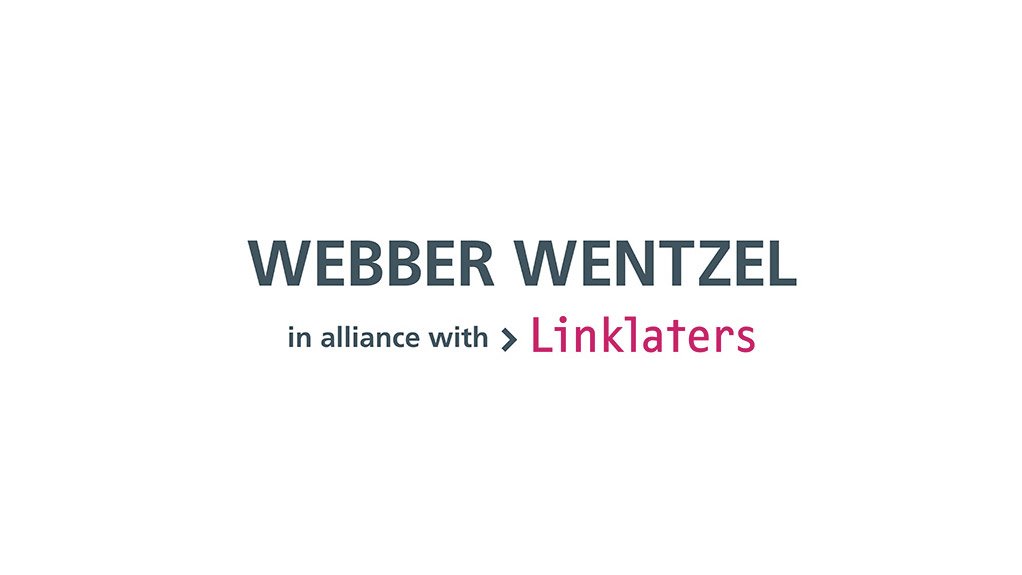Anticipated changes to the employment equity landscape have been prominent in 2023. The settlement agreement concluded in the CCMA between Solidarity and the Minister of Employment and Labour on 28 June 2023 must be considered in context to determine whether it changes anything for designated employers in South Africa.
It is useful to view the legislative developments over the past five years to appreciate where the contents of the settlement agreement come from and then cast a view forward to determine its practical implications.
When the Employment Equity Amendment Act (Amendment Act) was first published as a draft bill in 2018, draft regulations (2018 draft regulations) were published for public comment alongside it. Nothing more came of the 2018 draft regulations since, leaving the status of those regulations in question.
The Amendment Act was assented to in April 2023. Draft employment equity regulations followed swiftly, setting out the proposed numerical targets for identified economic sectors (2023 draft regulations). Two weeks after the period for public comment on the 2023 draft regulations closed, reports of the settlement agreement on certain aspects of the implementation of affirmative action measures arose.
General principles governing the lawful application of employment equity are reiterated in the settlement agreement and include that affirmative action must be applied in a nuanced way, that no absolute barrier to employment may be imposed on persons from any group and no terminations of employment may be effected as a consequence of affirmative action.
The settlement agreement contains justifiable reasons for non-compliance with EE targets, which are not new, but the settlement agreement does record a further provision that no penalties or disadvantages will be imposed on employers who can demonstrate reasonable grounds for non-compliance. Regulation 16(4) of the 2018 draft regulations sets out what constitutes justifiable reasonable grounds for non-compliance with numerical targets to request a certificate of compliance to conclude contracts with the state. Such grounds included insufficient recruitment and promotion opportunities, scarcity of qualified candidates from designated groups with the relevant qualifications, skills and experience, CCMA awards, business transfers, mergers and acquisitions and adverse business economic circumstances. The contents of draft regulation 16(4) have now been repeated in the settlement agreement as factors that may justify non-compliance with targets set by employers and "any other targets", which will therefore include sector targets.
The settlement agreement records criteria that must be considered when preparing EE plans and reporting on EE (the criteria). The criteria are inherent requirements of the job, the pool of qualified individuals, qualifications, skills, experience, the capacity to acquire the ability to do the job in a reasonable timeframe, staff turnover and attrition and recruitment trends within the workplace. If the criteria look familiar, it is because some factors already appear in the Employment Equity Act (EEA) under various scattered sections and the original wording of section 42(2) of the EEA included some of these criteria for consideration in determining whether a designated employer was implementing EE in compliance with the EEA. Amendments to the EEA in 2013 removed these provisions. Nonetheless, many designated employers continue to include those factors in their EE plans as a measure of best practice. These criteria do not appear in the Amendment Act or the 2018 and 2023 regulations.
It was further agreed that the contents of the settlement agreement would be gazetted as part of the 2023 Employment Equity regulations. It remains to be seen if the existing 2023 draft regulations will be withdrawn and reissued, to incorporate the contents of the settlement agreement or if a second set of regulations will be published. It further draws into question whether the 2018 draft regulations will re-emerge.
How this will affect designated employers
Designated employers could rely on the justifiable reasons for non-compliance with targets as recorded in the settlement agreement. This will happen once the five-year implementation period for EE plans, which have been aligned to numerical targets, has lapsed, and despite the designated employer's reasonable endeavours to meet its numerical goals fails to do so. It is important to note that the five-year period may not commence until the effective date of the Amendment Act is officially promulgated. Designated employers will then be able to challenge fines or penalties imposed on them if they do not comply with sector targets due to the justifiable reasons recorded in the settlement agreement. Designated employers will also be able to incorporate the criteria when they prepare their EE plans. Developments are still unfolding in this area of the law and the degree of stakeholder participation shaping the process is laudable. The Webber Wentzel team continues to monitor official announcements regarding the draft regulations and the effective date of the Amendment Act.
View the full Solidarity and the Minister of Employment and Labour settlement agreement.
Written by Lizle Louw, Partner & Amy King, Knowledge Lawyer from Webber Wentzel
EMAIL THIS ARTICLE SAVE THIS ARTICLE ARTICLE ENQUIRY
To subscribe email subscriptions@creamermedia.co.za or click here
To advertise email advertising@creamermedia.co.za or click here











